How to Get Rid of Dandruff and Dry Scalp
There are enough problems to deal with on a daily basis when it comes to your hair. Is it too greasy? Too dry? Too flat? Too voluminous? Too curly? Too straight?
Then, of course, there's always the dreaded dandruff. It's hard to miss the small, white flakes that linger on your scalp. But while the condition is very common, it also can be hard to treat.
If you're attempting to figure out how to get rid of dandruff, look no further. We spoke to experts to help narrow down the best ways to treat the pesky problem.
What is dandruff?
Dandruff is a common condition that affects the scalp. It causes the skin of the scalp to become itchy followed by flakes of dead skin. It typically starts around puberty and starts to subside around the age of 50, according to the Journal of Clinical and Investigative Dermatology.
The severity of dandruff can differ from case to case. Some cases are less aggressive and are easy to treat while others might require a medicated approach to treatment.
Your skin continually replaces itself and old cells are pushed outward where they die and flake off. Usually, these flakes are small and unnoticeable. In the case of those with dandruff, the skin cells can begin to replace more rapidly than the normal cycle. Therefore, the skin sheds in oily, larger clumps that can become visible.
What causes dandruff?
"The most common cause of dandruff is seborrheic dermatitis or sometimes called seborrhea," said Julie Matsushima, a licensed medical esthetician.
Dry skin, sensitivity to specific hair products and skin conditions like eczema or psoriasis can make you more susceptible to having dandruff. It is also believed that the common fungus malassezia can trigger dandruff.
"Malassezia increases skin cell growth and these extra skin cells die and flake off," Matsushima explained.
Dandruff can also worsen when you're stressed or sick. Cold, dry winters can also trigger dandruff or increase its severity. Diet plays its role, as deficiency in vitamin B or zinc can lead to dandruff as well, according to Matsushima.
Believe it or not, hygiene can also influence your chances of dealing with dandruff.
"The longer you go in between shampooing, the flakier your scalp can get," said Dr. Alan Parks, a board-certified dermatologist and founder of DermWarehouse.
If you're tempted to try the "no poo" movement, keep in mind that washing your hair less frequently can unintentionally cause the oils and skin cells on your scalp to collect, which can cause visible dandruff.
Shampooing too often, on the other hand, can also dry out your scalp and lead to dandruff, Dr. Parks said, so it's all about finding that balance that keeps your hair and scalp moisturized and flake-free.
Though anyone can be susceptible to dandruff, it actually appears more frequently in males than females.
What are the signs of dandruff?
One of the main signs of dandruff is an itchy scalp. Red and greasy patches can also appear, as well as a tingly feeling on the skin. You may also feel dryness, tightness or irritation on your scalp.
"Overall, dandruff lessens during warmer weather, Matsushima said. "Dandruff can also make the scalp become swollen or inflamed. You should also seek medical attention should this occur."
You can also experience dandruff in your eyebrows, chest hair, groin area and armpits.
What are the best home remedies for dandruff?
There are a few things you can do yourself if the specialty shampoos aren't cutting it. Matsushima noted that if you try home remedies for two weeks or more without seeing any changes, you should seek professional medical advice.
- Shampoo more often. This can help reduce the oils on your scalp.
- Use green tea. Combine green tea, peppermint essential oil and white vinegar and massage it on your scalp for five minutes. Then, rinse it off with a sulfate-free shampoo and conditioner. Green tea and peppermint essential oil have antioxidants and anti-microbial properties which can promote a healthy scalp and also condition your hair so it is not as dry or irritated.
- Use apple cider vinegar. Dilute the vinegar with equal parts of water. Use this mixture as a substitute for your shampoo. Apple cider vinegar can kill the fungus that may cause dandruff. It provides relief from itchiness and can help subside the dandruff.
- Have a coconut oil massage: Combine five to 10 drops of tea tree oil with five tablespoons of coconut oil. Apply the mixture to your scalp at night and then rinse it off in the morning or if you're pressed for time, just leave it on for 30 minutes and then rinse it off. Coconut oil also fights against fungi, which can help eliminate the dandruff. Tea tree oil will help bring the shine back to your hair.
- Use lemon juice. Massage two tablespoons of lemon juice onto your scalp and let it sit for a minute. Then, mix a teaspoon of lemon juice and a cup of water. Rinse your hair with the mixture. Repeat this right before your daily shower for the best results. Fresh lemon juice contains acids that help break down the fungus that can cause dandruff. It also does not have harsh chemicals in it, which could harm your scalp.
- Use baking soda. Wet your hair and sprinkle a tablespoon of baking soda along your scalp. Leave it on for a minute and wash it off. You can also shampoo after to thoroughly rinse it off. Baking soda fights against overactive fungi and can help exfoliate the skin on your scalp without irritating it. Baking soda also soaks up excess oil.
What are the best shampoo ingredients for dandruff treatment?
Matsushima said that products with pyrithione zinc are popular for treating dandruff because it contains anti-bacterial and anti-fungal properties. She also recommended coal-based shampoos (to slow down the growth of skin cells), selenium sulfide shampoos (to slow skin cell growth and reduce malassezia) and salicylic acid (to exfoliate the scalp).
Since no one hair solution will immediately cure your dandruff, it's smart to switch things up every once in a while to keep your flakes at bay, according to Dr. Parks. "It's good to rotate between different ingredients and not use the same all the time, otherwise you'll build up a tolerance to the ingredient."
While you may need to experiment with different shampoos to find the perfect match, these are popular products to help with the milder cases of dandruff.
Best dandruff shampoos and treatments, according to shoppers
Vanicream Free & Clear Medicated Anti-Dandruff Shampoo
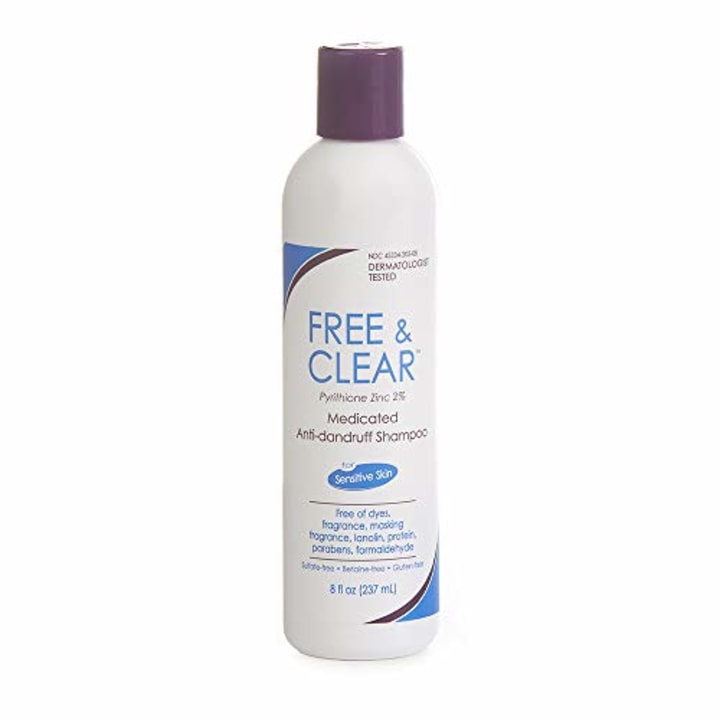
This medicated shampoo contains zinc pyrithione 2% and is made for sensitive skin by being free of fragrances, dyes, parabens, formaldehyde and more. It has a 4.5-star average and over 2,700 verified five-star ratings on Amazon.
Selsun Blue Medicated Maximum Strength Dandruff Shampoo
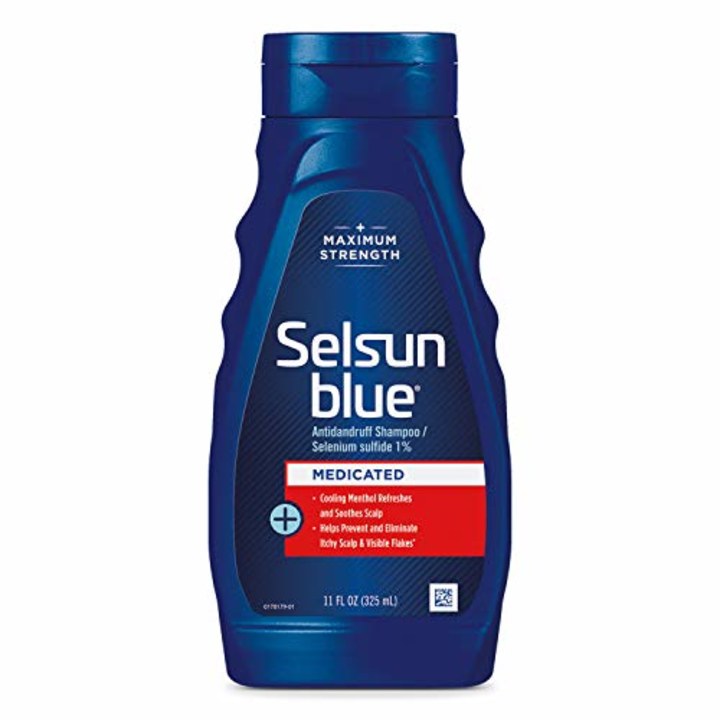
This Amazon's Choice pick is designed to prevent seborrheic dermatitis and leave you with healthy-looking hair. Selenium sulfide is the active ingredient to help control the itching and flaking of serious dandruff.
Mizani Scalp Care Shampoo
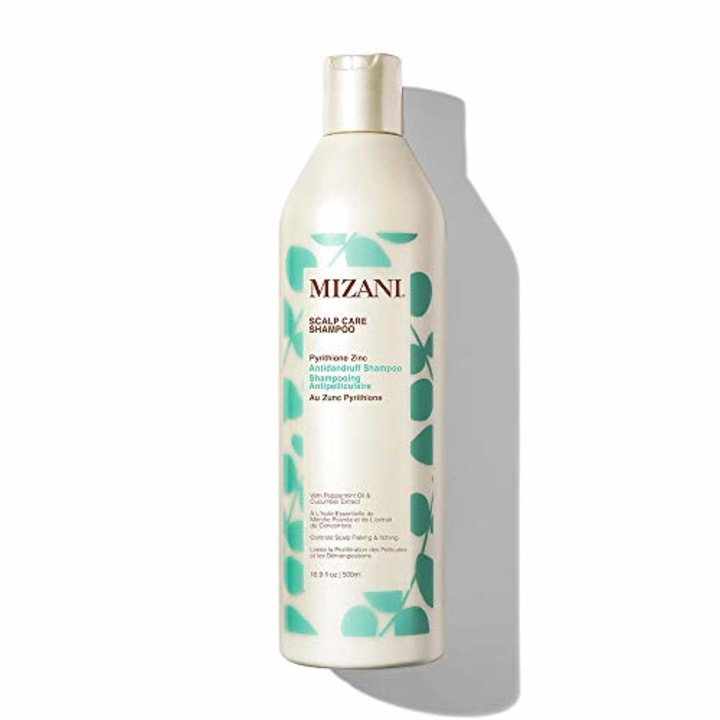
Made with pyrithione zinc, this anti-dandruff shampoo will leave your scalp feeling tingly and refreshed. One five-star reviewer raved about how well it worked for them after finding no success with other products.
Nizoral A-D Anti-Dandruff Shampoo
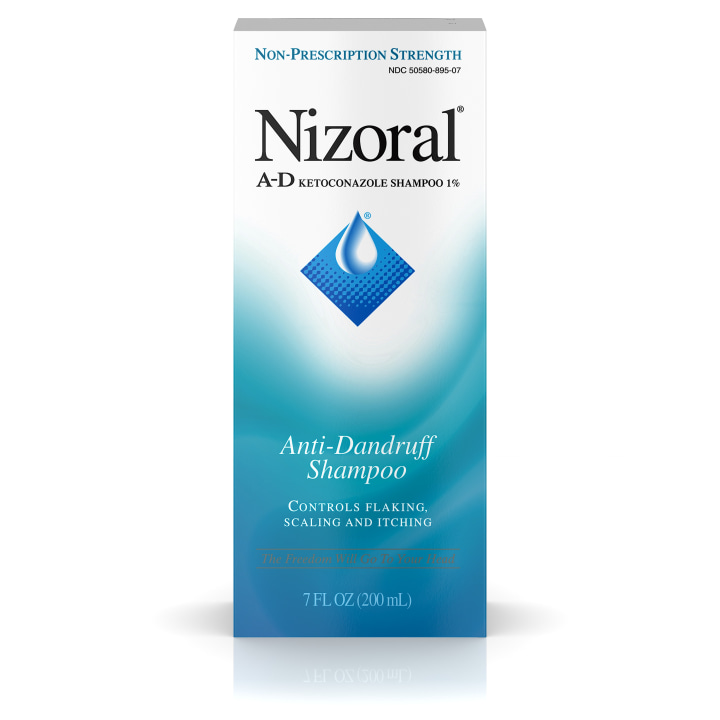
This shampoo controls flaking and itching associated with dandruff. It's a bestseller in the hair shampoo category on Amazon with over 41,000 verified five-star ratings.
Head and Shoulders Classic Clean 2-in-1 Anti-Dandruff Shampoo and Conditioner
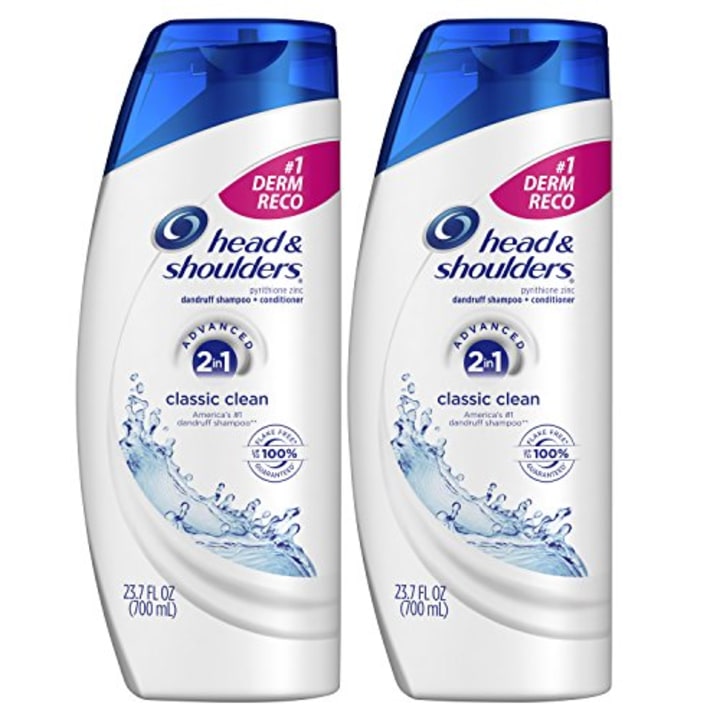
This shampoo-and-conditioner combo fights flaky skin and keeps the scalp and roots conditioned. It has an impressive 4.8-star average on Amazon and over 2,800 verified five-star ratings.
Neutrogena T/Gel Therapeutic Shampoo
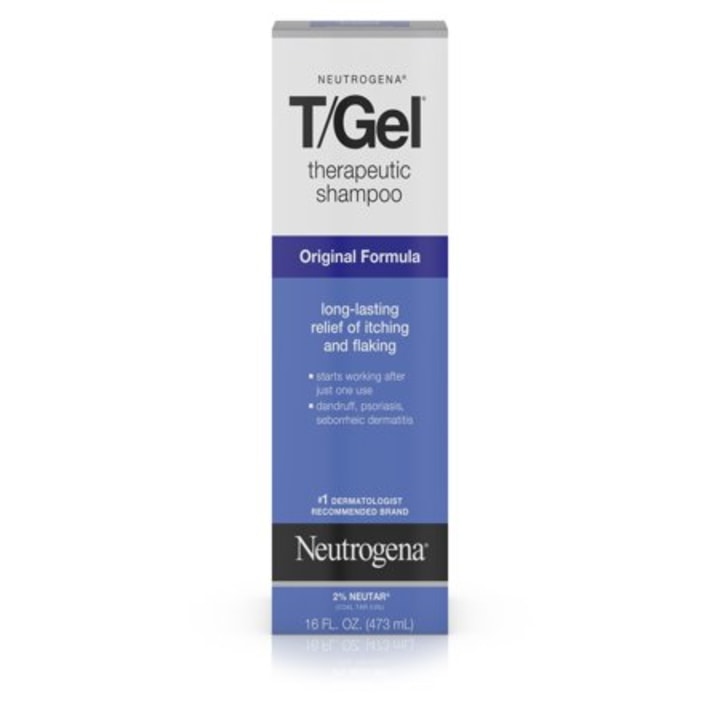
This shampoo contains coal tar and helps control an itchy, flaky scalp. "After just using the first time, the results were VERY noticeable and scalp itch and general flaking was reduced dramatically to the point where I did not notice it at all," one recent five-star reviewer wrote.
DHS Zinc Shampoo
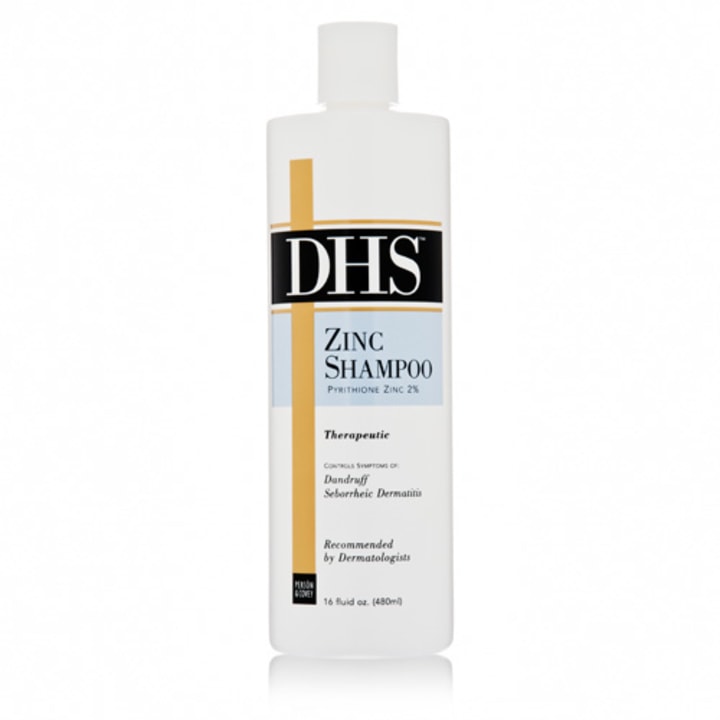
This shampoo cleanses and conditions the scalp and maintains the skin's pH level to keep irritation at bay. Made with zinc pyrithione, the brand boasts instant relief starting with the first use.
Philip B Anti-Flake II Relief Shampoo
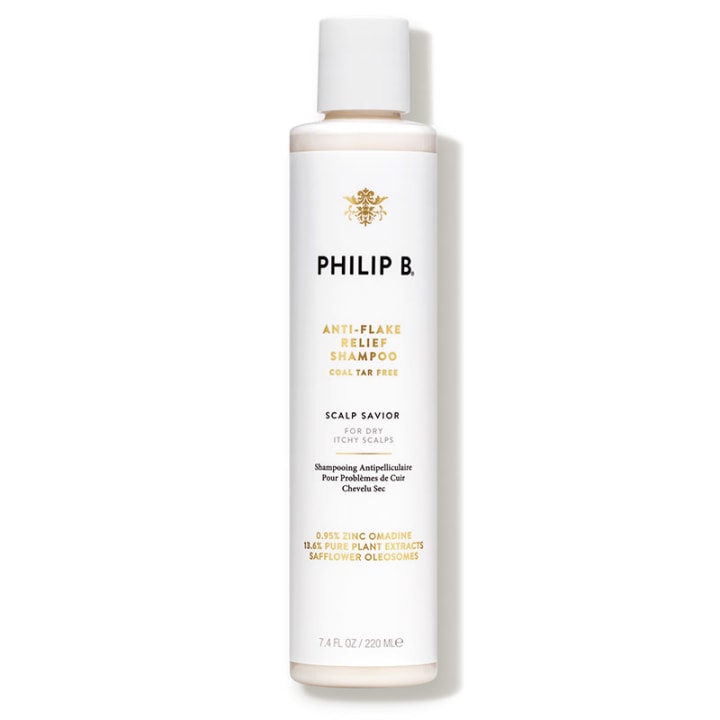
This shampoo uses oleosomes to keep your hair moisturized while also eliminating itching and flaking. It's also color and keratin safe!
Sachajuan Scalp Shampoo
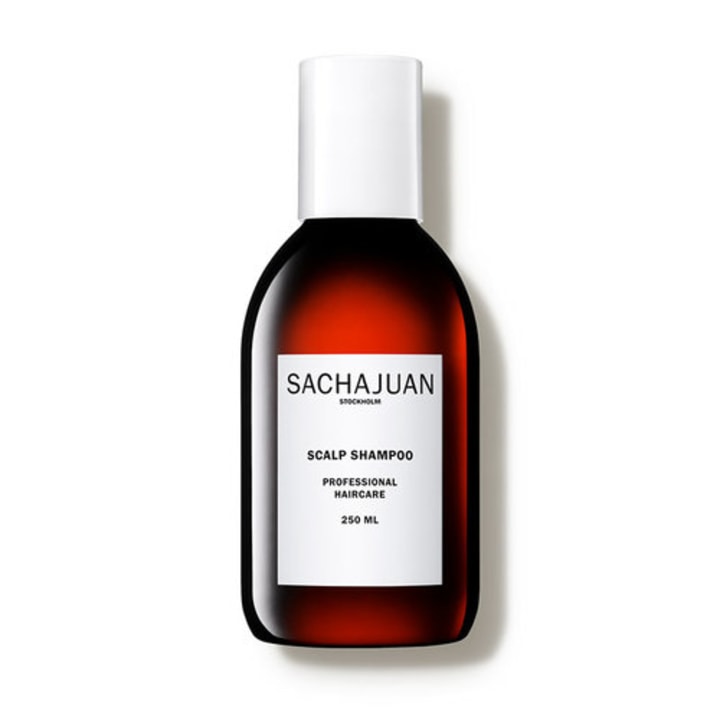
This shampoo removes dandruff while soothing an irritated scalp to ensure a healthy moisture balance. It's made with ingredients like rosemary oil, ginger extract and salicylic acid. Reviewers agree that it helps clear their head of dandruff without leaving their hair dry and brittle.
Redken Dandruff Control Shampoo
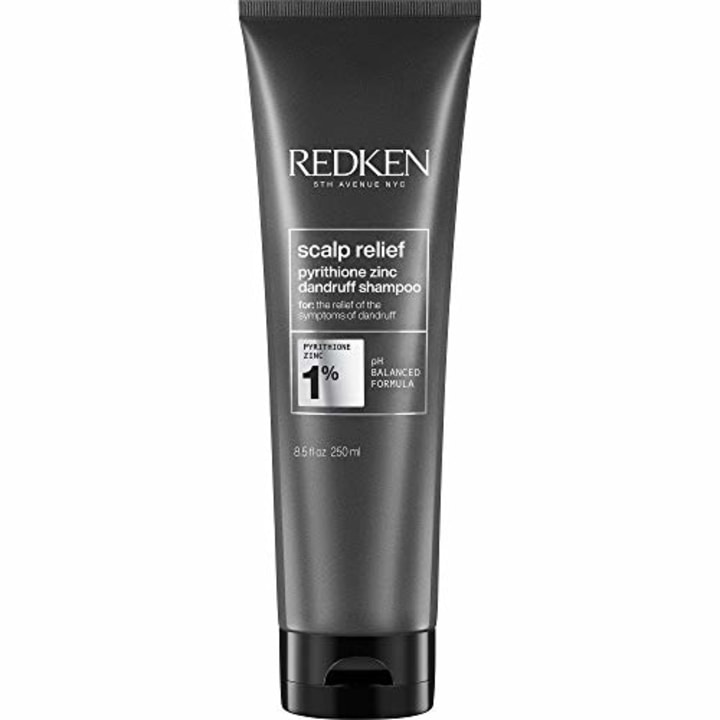
This shampoo contains pyrithione zinc to cleanse your hair while also leaving it light and shiny. "I have used prescribed shampoos and shampoos off the shelf, but none were as effective as this shampoo. After one use I noticed a huge difference," one shopper shared.
Oribe Serene Scalp Anti-Dandruff Shampoo
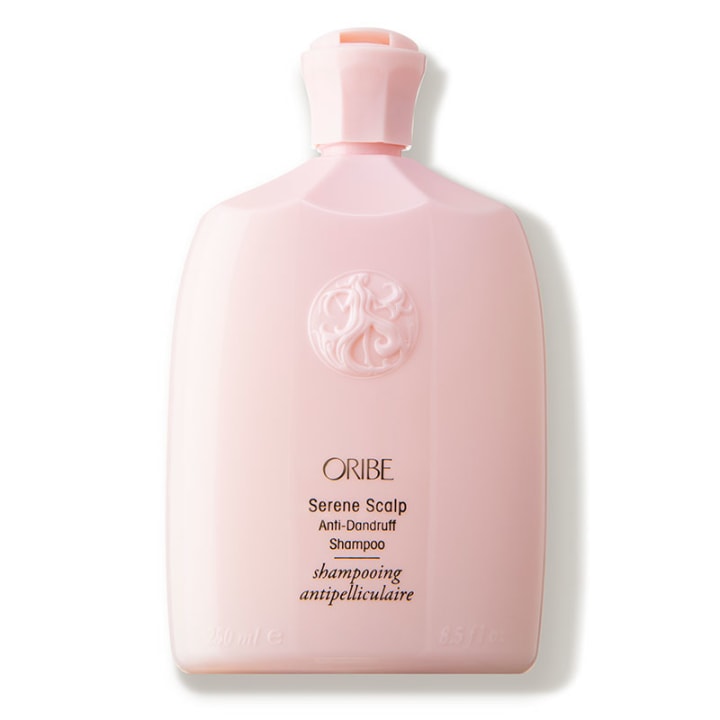
This shampoo is gentle yet contains salicylic acid to prevent dandruff and soothe a dry, itchy scalp. It's made without parabens, sulfates or sodium chloride and is color and keratin safe.
Philip Kingsley Flaky Scalp Shampoo
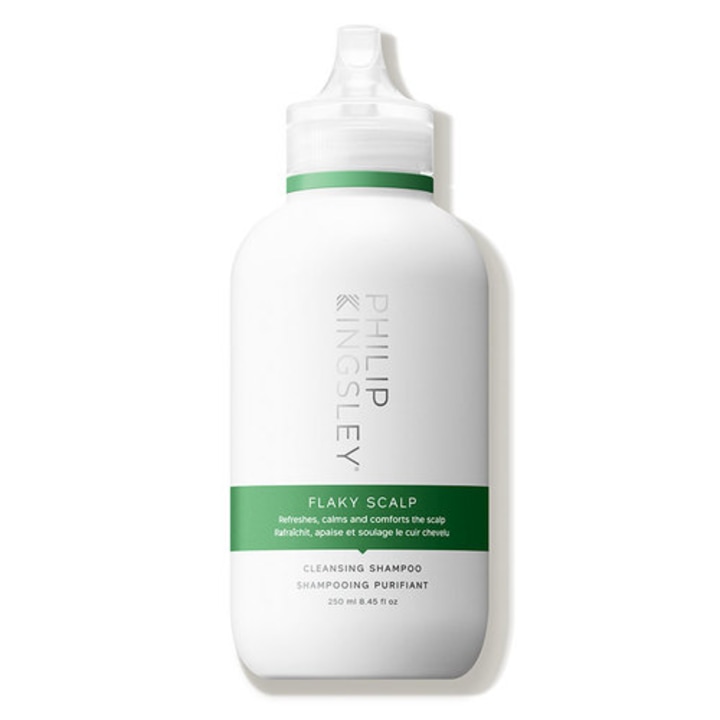
This shampoo works on coarse or fine hair and helps relieve the scalp of flaking and build-up. One person likes that this shampoo is as gentle as it's advertised. "I have fine, long hair and this shampoo doesn't seem to strip the roots or leave my hair tangled," they shared.
Christophe Robin Purifying Shampoo
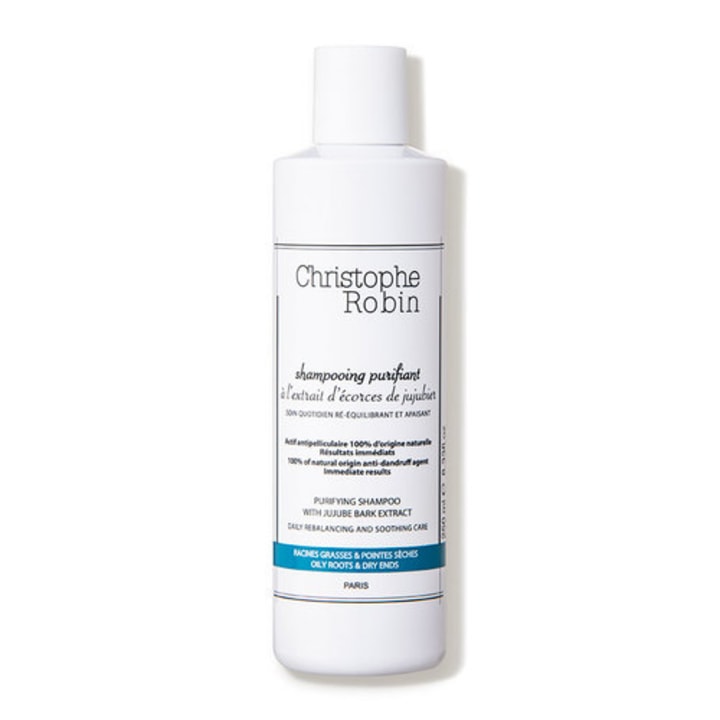
This is a purifying shampoo that eliminates dandruff, regulates excess sebum to avoid oily roots and also soothes itchiness. One Sephora shopper gave this shampoo "holy grail status."
Ouai Detox Shampoo
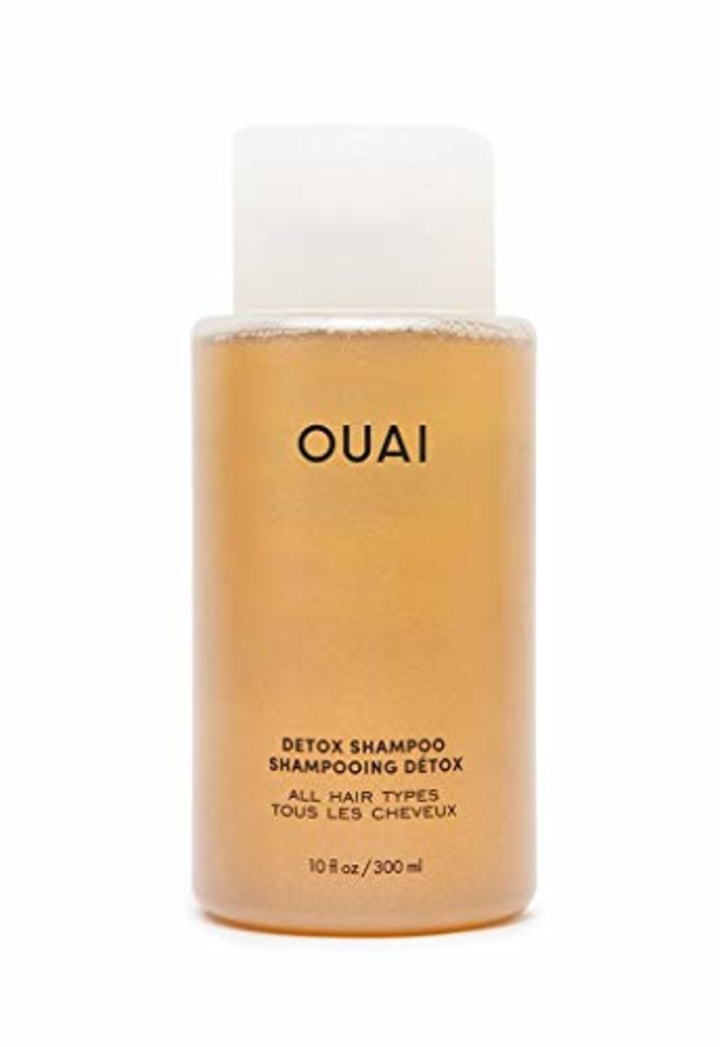
This cleansing shampoo is formulated with apple cider vinegar and keratin, which work together to cleanse and strengthen the hair. It's suitable for straight, wavy, curly and coily hair.
SheaMoisture African Black Soap Deep Cleansing Shampoo
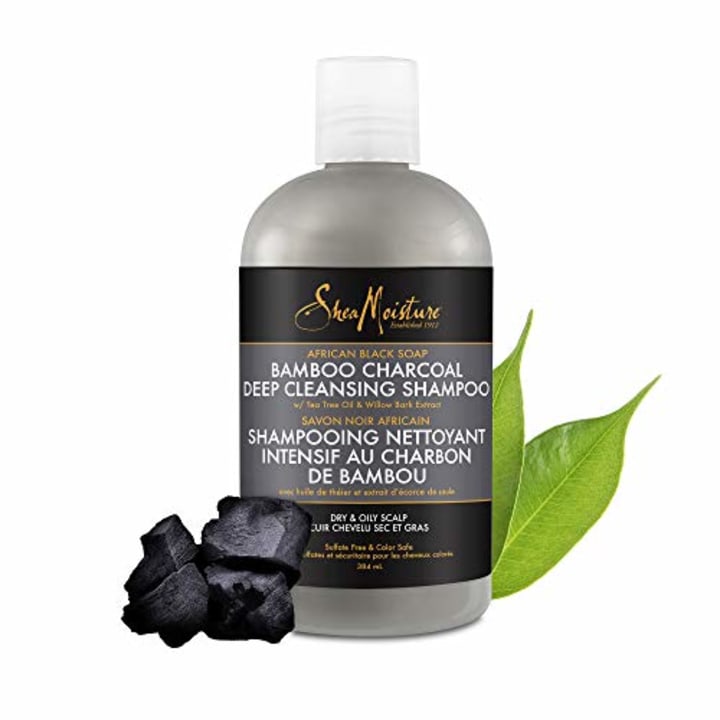
Dry scalps will be treated to a deep yet gentle cleanse with this shampoo, which uses key ingredients African black soap, tea tree oil and bamboo charcoal to eliminate built-up dirt and excess oil on natural hair.
For more stories like this, check out:
- From Revlon to Foreo, 9 deals worth shopping from the Amazon Beauty Haul
- TikTok loves this hack for hair growth — and it actually works
- Hairstylists love these 9 tools for salon-worthy curls
- I never thought hair curlers worked — until I tried these ceramic hot rollers
- Maintain your blonde, gray or cool-toned hair with these purple shampoos
Subscribe to our Stuff We Love and One Great Find newsletters, and download our TODAY app to discover deals, shopping tips, budget-friendly product recommendations and more!
This article originally published on Nov. 21, 2018.
How to Get Rid of Dandruff and Dry Scalp
Source: https://www.today.com/shop/how-get-rid-dandruff-t142428